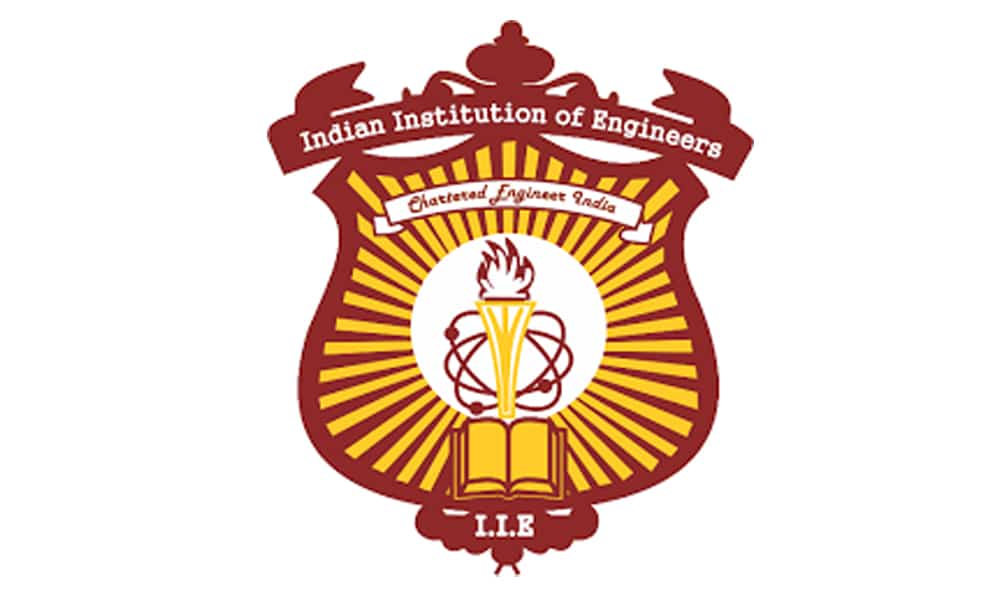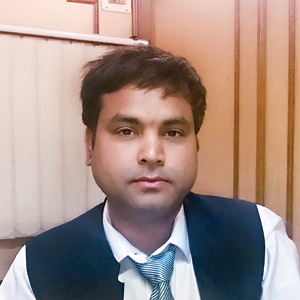
 Engineering holds big scope in India as far as career-based opportunities are concerned. But there are several professionals working in the industry without any technical degree/diploma. The Indian Institution of Engineers (IIE) is mentoring several such aspiring professionals, says Arun Saini, Co-Founder of IIE, in conversation with Elets News Network (ENN).
Engineering holds big scope in India as far as career-based opportunities are concerned. But there are several professionals working in the industry without any technical degree/diploma. The Indian Institution of Engineers (IIE) is mentoring several such aspiring professionals, says Arun Saini, Co-Founder of IIE, in conversation with Elets News Network (ENN).
Give us an overview of IIE and its vision.
The Indian Institution of Engineers is the mentor organisation for working professionals who are contributing in the field of Engineering and Technology. The IIE is one of the oldest professional institutions, established to promote, advance and update knowledge, business and practice of engineering professionals.
The institution conducts several examinations twice a year. It is for helping thousands of young aspiring professionals working in the engineering sector to obtain engineering degree/diplomas and sharpen technical knowledge.
Is there any distinct branch of engineering that your institute offers and its scope vis-a-vis career prospects are concerned?
Electrical Engineers are in high demand in India. In the recent years from domestic usage to appliances used in corporate houses there is a necessity of electricity, offering numerous opportunities to electrical engineers.
Companies like ABB, Bajaj International Private Ltd., Crompton Greaves Ltd., Siemens Ltd., Reliance Power Ltd., ONGC, BHEL), SAIL, Coal India Ltd. ,Power Grid Corporation of India Ltd. ,Centre for Electronics Design and Technology and Wipro Lighting are the biggest employers hiring Electrical Engineers.
A graduate in Electrical and Electronics Engineering can opt for employment in diverse fields whether it is a PSU job, core sectors like Construction & Steel, IT Industry, Consultancy/Finance Job, Electronics Design and a myriad of profiles like Business Development Associates, Content Development Manager etc.
Future Technologies in Electrical Engineering: Smart Grids, Prepaid electricity like mobile recharge (almost a reality now), Switching devices with voices for guidance, Speech recognition, Image recognition, Wireless transmission, Distributed generation (like distribution in transmission), Bulk energy storage capacities, Lightning harness for utilities, Electrical simulation in neural networks.
Are you employing any distinct methodology to ensure students gain an edge needed in the job market in future?
We are adopting the digital methodology to train students. We use techniques like e-books, 3D view, etc for faster results. The institute prefers framing MCQs, worksheets, Real-life Applications, Web Resources, Simulations, mind maps, and other such tools around this lesson.
How do you provide industry interface for students’ skill development?
We provide an internship to give students an opportunity to consolidate and ehance what they’ve learned in class by working in a professional setting under a supervisor, a practitioner in the field. Students need to work three hours a week. A five-credit internship would require that students work 15 hours per week for 10 weeks in a quarter of total internship period.
Do you also have any refresher courses for your faculty to stay updated about latest trends, technology, and upcoming requirements of the education world?
IIE itself does not provide any faculty development programme. It is a governing body that governs the set of rule and regulation to its study centres across the world. We provide them with best quality material, training modules, and other parameters focused to nurture them on basis of communication skills (verbal and written), commercial awareness, attitude towards work, lifelong learning, self-management, team solving, problem solving, initiative, self–motivation, adaptability, stress management.
Faculty’s role needs to change and it needs to be flipped around in a way that the teacher facilitates the overall learning of students rather than distributing notes.





















